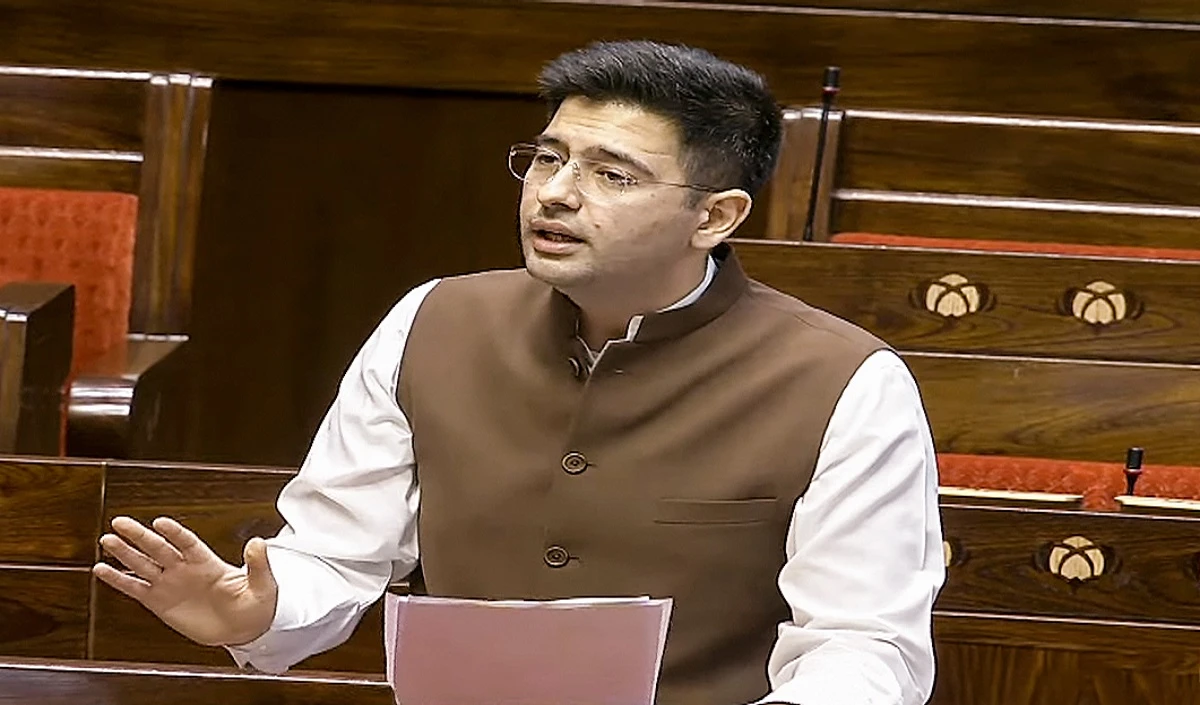Delhi Chief Minister Rekha Gupta on Thursday ordered a ban on single use plastic in schools, religious places, markets and said that strict action would be taken against encroachment and dirt spreading in the city. The Chief Minister announced to launch a 20 -day intensive cleaning campaign in the national capital and said that the roads, public places will be cleaned twice a day as part of the campaign starting from Friday. He said that the goal of the Delhi government is to separate large-scale garbage, remove encroachments and ensure daily monitoring and reporting during the campaign starting from Friday.
Also read: Delhi government will conduct an annual health checkup of workers and their families: Chief Minister Rekha Gupta
The announcement was made after a high -level meeting chaired by Lieutenant Governor VK Saxena at the Raj Niwas, which included the District Magistrate, Deputy Commissioner, DCP and the head of the department. After this, the Chief Minister said that in the next 20 days, a comprehensive cleanliness drive will be conducted at every level in Delhi. Today we called all the officers and instructed that cleanliness drive should be carried out on every corner, every road and everywhere in Delhi. The responsibility of every officer has been fixed. DC and DM will be responsible for their zones and areas. If there is an encroachment or there is an omission in security, then the DCP would be responsible for it.
Also read: Instructions issued to Pakistani citizens to leave the country in Delhi, CM Rekha Gupta said-Directions of Center implemented
Rekha Gupta clearly stated that the government will not tolerate encroachment and garbage dumping at all. Illegal dumping, encroachment, garbage and debris will be strictly removed from pavement, roads, parks and markets. The allegations and counter-allegations between the departments will not be tolerated. All officers will prioritize cleaning toilets, drains and sewer. Guidelines have been given to eliminate the use of single use plastic at all markets, religious places, institutions, temples, gurdwaras, marriage sites and any other place. Now if there is any shortage in the system, then it is the responsibility of the senior officer who is responsible for his entire field.



